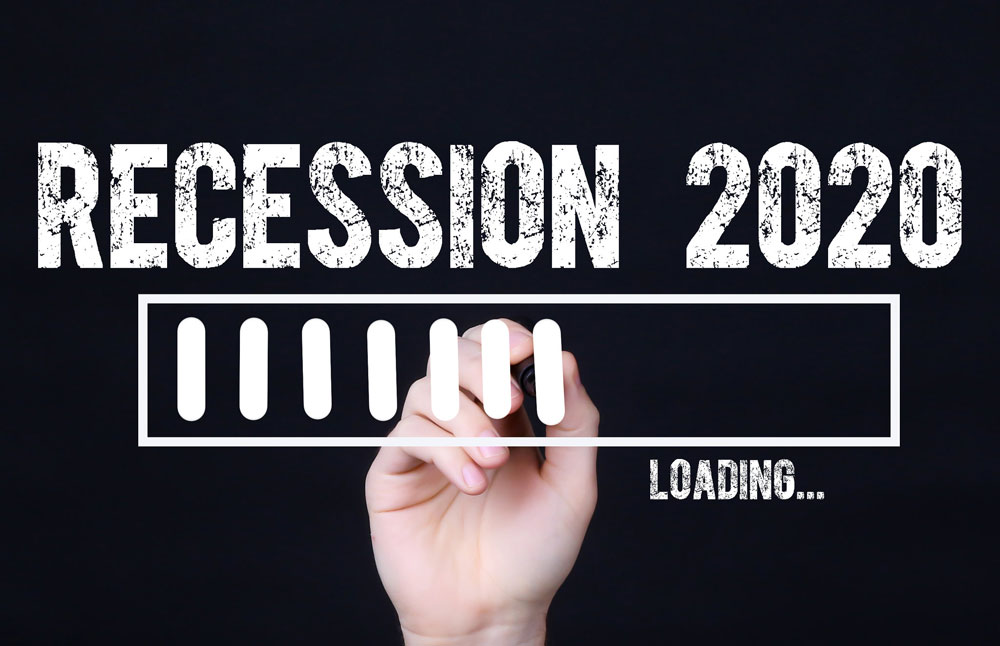
June 8, 2020; New York Times (Associated Press)
According to the Business Cycle Dating Committee of the National Bureau of Economic Research, US employment, income, and spending peaked back in February and, in the midst of the pandemic, began a precipitous decline, or recession.
The announcement is coming now is because, by definition, a recession must last a couple of months. (There are actually multiple definitions of what constitutes a recession, but we’ll spare the details).
“The committee recognizes that the pandemic and the public health response have resulted in a downturn with different characteristics and dynamics than prior recessions,” the NBER panel says. “Nonetheless, it concluded that the unprecedented magnitude of the decline in employment and production, and its broad reach across the entire economy, warrants the designation of this episode as a recession, even if it turns out to be briefer than earlier contractions.”
Sign up for our free newsletters
Subscribe to NPQ's newsletters to have our top stories delivered directly to your inbox.
By signing up, you agree to our privacy policy and terms of use, and to receive messages from NPQ and our partners.
Economists, of course, are still holding out hope that this rapid downturn will be followed by an equally rapid recovery—the longed for “V-shape”—but that particular pattern may prove unlikely.
“We could have the shortest recession in history—it seems ridiculous, but we could,” said Diane Swonk, chief economist at Grant Thornton. She’s not convinced that this will be effortless. “This bottom is going to be uniquely deep, and we don’t know how fast we will get out of the bottom.”
Meanwhile, the World Bank warns that this year has brought the global economy into in its deepest recession, but for now, it is forecasting a rebound in 2021. Still, that recovery is very unlikely to favor the Black and brown workers who are already at a historical disadvantage. Eli Rosenberg, writing for the Washington Post, notes that the twin foci of the protests that have occurred over the last few weeks are the distress about the growing inequities of our economic system, paired with continuous police violence. (Of course, one might add as a third focus the 110,000 US deaths and counting from the pandemic itself.) In the Minneapolis area, Rosenberg notes, the median income for black households at $38,200 is less than half that of white households, at $85,000. And in Washington, DC, six black residents are out of work for every white resident.
Rosenberg also quotes Andre M. Perry, a fellow at the Brookings Institution and author of Know Your Price: Valuing Black Lives and Property in America’s Black Cities, when he says, “There’s nothing that says you don’t belong in an economy more than a police officer shooting you dead in the street. It is a symbol of exclusion. The underlying attitude that lead a cop to kneel on the neck of a person in custody so cavalierly, is the same attitude that corporate executives have, as reflected in the disparate economic outcomes.”—Ruth McCambridge












